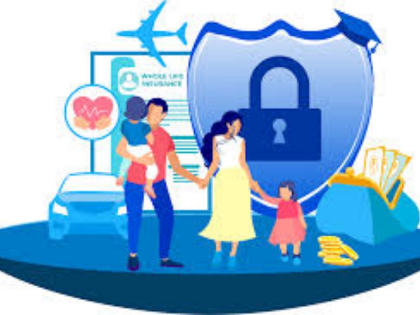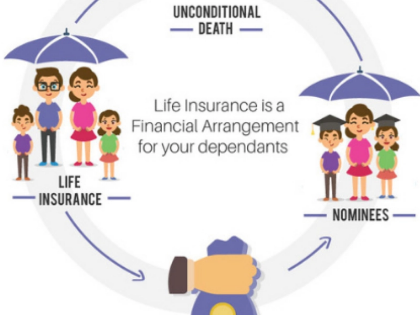Defending Yourself Against Fraud and Identity Theft
Defending Yourself Against Fraud and Identity Theft Your personal information can be used by thieves to take advantage of your finances, including bank and investment accounts, credit card or utility payments, tax returns, medical records, and even criminal activity. Acquire the skill of identifying warning signs, such as unexpected bank account withdrawals and calls from collection agencies.
1. Keep your personal information private.
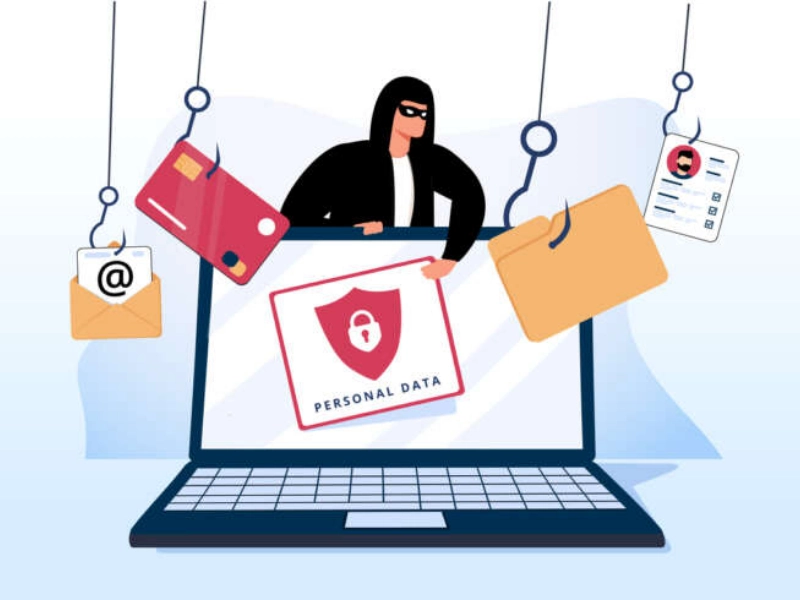 Some people are dishonest and try to find any way to make money off of your personal data. They might use it to submit false tax returns, create bank or credit card accounts in your name, or even use your health insurance to pay for medical expenses.
These thieves use a number of techniques to get hold of sensitive information, including dumpster diving to find abandoned financial documents, phishing, spamming, changing your address to redirect mail to another location, skimming, which involves recording the magnetic stripe on a credit or debit card, hacking into computers and mobile devices, and changing your address.
Some people are dishonest and try to find any way to make money off of your personal data. They might use it to submit false tax returns, create bank or credit card accounts in your name, or even use your health insurance to pay for medical expenses.
These thieves use a number of techniques to get hold of sensitive information, including dumpster diving to find abandoned financial documents, phishing, spamming, changing your address to redirect mail to another location, skimming, which involves recording the magnetic stripe on a credit or debit card, hacking into computers and mobile devices, and changing your address.
2. Monitor your mail.
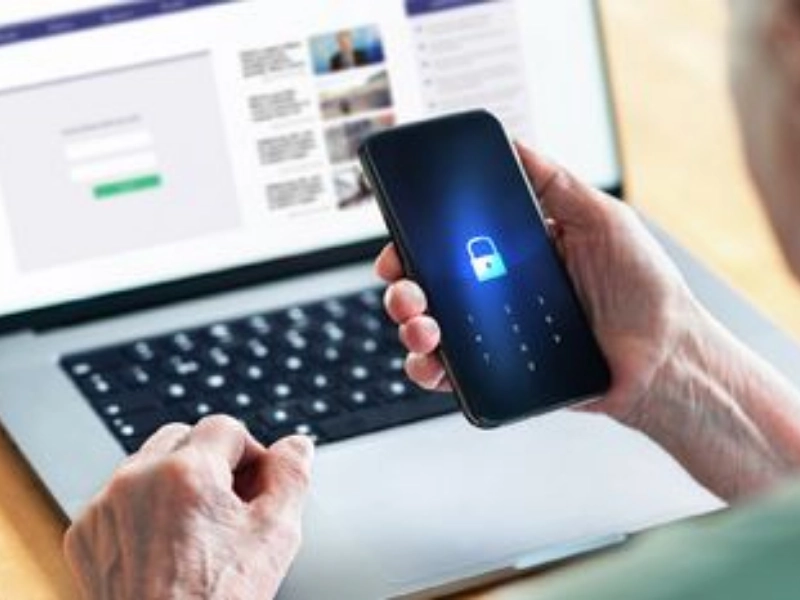 Your personal information (PII) can be used by identity thieves to file taxes, open bank accounts, and obtain medical care under your insurance policy. They might also take out loans in your name and make credit card transactions, which could harm your credit.
Share your PII on social media with caution, and routinely delete and destroy any papers that include it. Also, keep an eye out for correspondence or calls regarding goods and services you did not purchase from debt collectors or other businesses. Unusual credit card transactions and bank account withdrawals are two more telltale signs of identity theft.
Your personal information (PII) can be used by identity thieves to file taxes, open bank accounts, and obtain medical care under your insurance policy. They might also take out loans in your name and make credit card transactions, which could harm your credit.
Share your PII on social media with caution, and routinely delete and destroy any papers that include it. Also, keep an eye out for correspondence or calls regarding goods and services you did not purchase from debt collectors or other businesses. Unusual credit card transactions and bank account withdrawals are two more telltale signs of identity theft.
3. Avoid clicking on email phishing links.
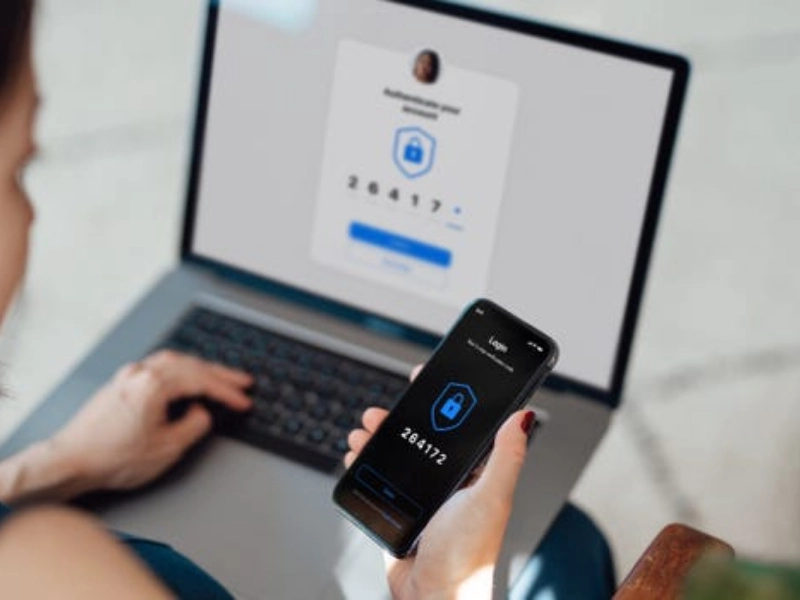 It only takes one misclick to lose everything. When you click on a link in a phishing email, malicious software that encrypts your files or steals your login information may be downloaded onto your computer.
Never provide personal information online or over the phone unless you have started the conversation. Reputable companies would never reach out to you in an unwanted manner, such as via phone call or email, and ask for personal information such as your mother's maiden name, Social Security number, or credit card PIN.
Whether they are physically kept in your home or on your computer, regularly go through and shred any financial documentation. Additionally, to stop hackers from intercepting your data on unprotected networks, use a VPN whenever you use public Wi-Fi.
It only takes one misclick to lose everything. When you click on a link in a phishing email, malicious software that encrypts your files or steals your login information may be downloaded onto your computer.
Never provide personal information online or over the phone unless you have started the conversation. Reputable companies would never reach out to you in an unwanted manner, such as via phone call or email, and ask for personal information such as your mother's maiden name, Social Security number, or credit card PIN.
Whether they are physically kept in your home or on your computer, regularly go through and shred any financial documentation. Additionally, to stop hackers from intercepting your data on unprotected networks, use a VPN whenever you use public Wi-Fi.
4. Steer clear of dumpster diving.
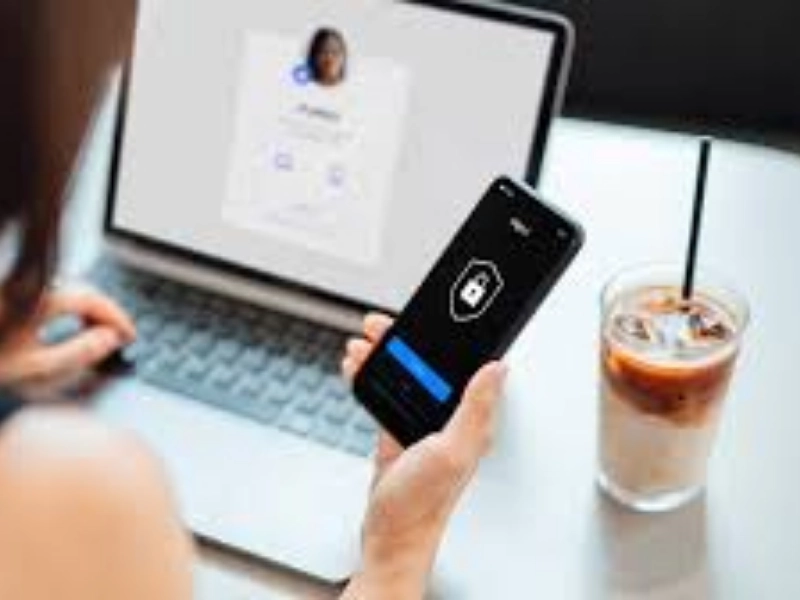 The saying "one man's trash is another's treasure" is elevated to a whole new level by dumpster diving. It is a useful source of information for identity thieves, enabling them to perpetrate fraud and other crimes.
Hackers, for instance, may come across obsolete computer files that have login information or passwords. They may also discover trade secrets or company business plans, which might provide them with a competitive edge or be used as leverage to blackmail a company or person.
By putting in place procedures requiring staff to shred or otherwise destroy any sensitive papers before disposing of them, you may stop dumpster diving attacks. Before throwing away laptops, smartphones, and other technological devices, be sure all of the data has been deleted from them.
The saying "one man's trash is another's treasure" is elevated to a whole new level by dumpster diving. It is a useful source of information for identity thieves, enabling them to perpetrate fraud and other crimes.
Hackers, for instance, may come across obsolete computer files that have login information or passwords. They may also discover trade secrets or company business plans, which might provide them with a competitive edge or be used as leverage to blackmail a company or person.
By putting in place procedures requiring staff to shred or otherwise destroy any sensitive papers before disposing of them, you may stop dumpster diving attacks. Before throwing away laptops, smartphones, and other technological devices, be sure all of the data has been deleted from them.
5. Make robust passwords.
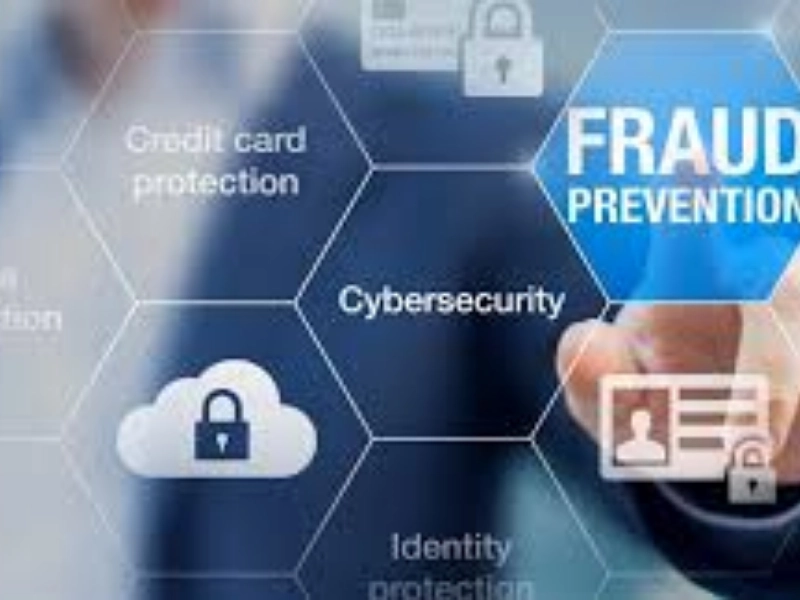 Your passwords are the keys to your bank accounts and internet information; therefore, it's critical that they are strong. Identity thieves thrive on weak passwords, and they may more easily guess passwords when they use personal information such as names, family members, pets, or famous persons.
It's also a good idea to use unique passwords for each account you have to increase security. In this manner, your other accounts remain unaffected even if one of them is compromised. Using a password manager with capabilities like cross-platform compatibility and uncrackable encryption is also advised.
Your passwords are the keys to your bank accounts and internet information; therefore, it's critical that they are strong. Identity thieves thrive on weak passwords, and they may more easily guess passwords when they use personal information such as names, family members, pets, or famous persons.
It's also a good idea to use unique passwords for each account you have to increase security. In this manner, your other accounts remain unaffected even if one of them is compromised. Using a password manager with capabilities like cross-platform compatibility and uncrackable encryption is also advised.
6. Employ a password organizer.
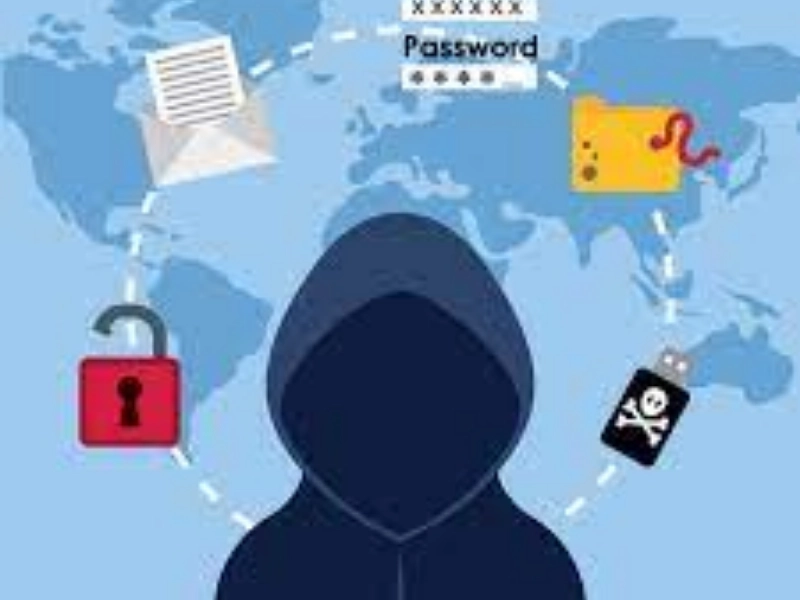 All of your login credentials are safely kept in one location by a password manager, which you can easily access from any device. Additionally, it aids in avoiding poor behaviors like choosing weak passwords that are easy for hackers to figure out or reusing them.
Strong, lengthy passwords that combine capital and lowercase letters, symbols, and numbers are the hallmark of a solid password manager. This aids in defense against credential stuffing assaults, a common kind of cyberattack.
Identity theft is a severe problem that can seriously affect both your personal and financial lives. You can lessen your chance of falling victim to fraud or identity theft by using these suggestions and keeping an eye on your credit report.
All of your login credentials are safely kept in one location by a password manager, which you can easily access from any device. Additionally, it aids in avoiding poor behaviors like choosing weak passwords that are easy for hackers to figure out or reusing them.
Strong, lengthy passwords that combine capital and lowercase letters, symbols, and numbers are the hallmark of a solid password manager. This aids in defense against credential stuffing assaults, a common kind of cyberattack.
Identity theft is a severe problem that can seriously affect both your personal and financial lives. You can lessen your chance of falling victim to fraud or identity theft by using these suggestions and keeping an eye on your credit report.
7. Keep an eye on your credit.
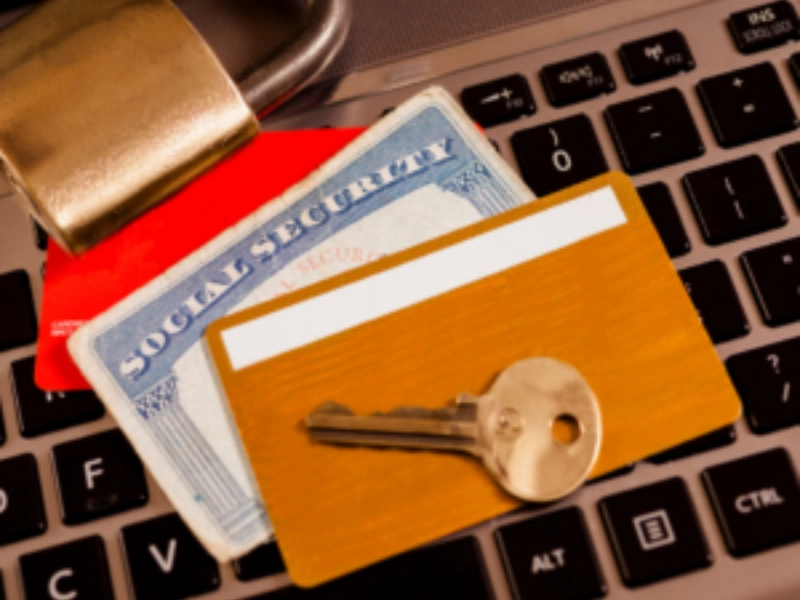 Thieves may pose as you to steal money from your credit card or bank accounts. Additionally, they may lower your credit score. For this reason, it's critical to regularly check your credit. Enrolling in a service that can alert you to unusual activities might also be beneficial.
Small credit or debit transactions are typically the first ones that identity fraudsters make in the hopes that you won't notice them. A one-year fraud alert or a freeze on your credit report are further ways you can defend yourself.
Thieves may pose as you to steal money from your credit card or bank accounts. Additionally, they may lower your credit score. For this reason, it's critical to regularly check your credit. Enrolling in a service that can alert you to unusual activities might also be beneficial.
Small credit or debit transactions are typically the first ones that identity fraudsters make in the hopes that you won't notice them. A one-year fraud alert or a freeze on your credit report are further ways you can defend yourself.



